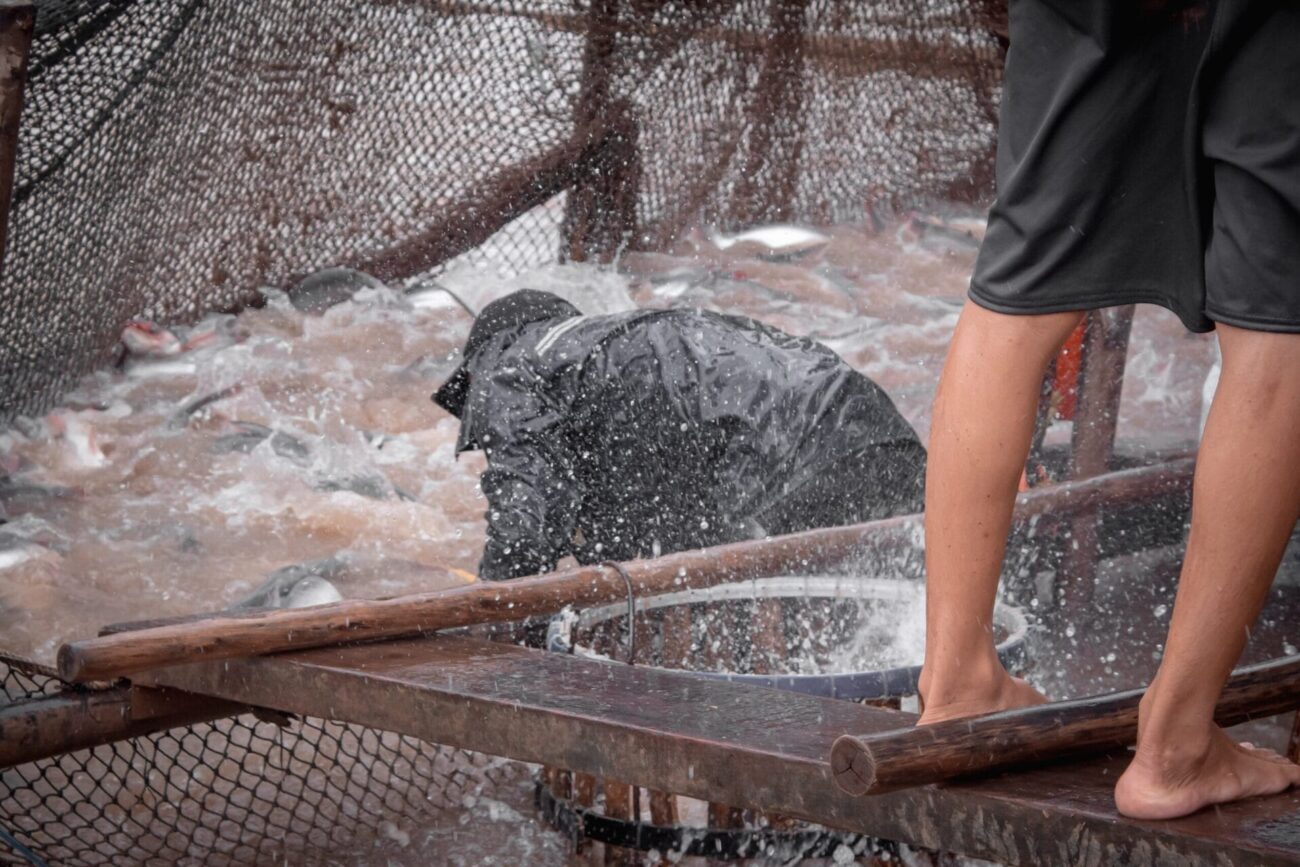
At Impactt, we believe that social audits and forced labour assessments can be complementary. That said, organisations should conduct social audits with the awareness that they may not uncover forced labour, root causes of issues or cultural nuances that are key to understanding associated risks. This means that occasional in-depth forced labour assessments may be necessary, to diagnose ‘hard to see and harder to count’ issues and enable effective remediation.
Ben Bostock, Impactt’s Technical & Quality Lead, explores the differences between social audits and forced labour assessments and what organisations need to consider when investigating human rights in their supply chains.
What makes forced labour so difficult to identify?
Forced labour is so difficult to identify because the forms of coercion which individuals are subjected to overlap, and make it difficult for them to speak out or challenge their circumstances. The ILO’s 11 Forced Labour Indicators are a crucial tool which inform Impactt’s methodologies, but they are deliberately broad, and as such, don’t always fit in the ‘checkboxes’ of social audit.
When should a social audit be used?
Social audits are a valuable tool for organisations seeking to understand management systems, health and safety, and general approach to labour rights issues. Social audits also enable direct comparison between suppliers and production sites meaning that businesses can make informed decisions, as well as comply with relevant legislation. Standards such as BSI’s SA 8000 and Sedex’s SMETA also make it easy for organisations to share audits, reducing the overall reporting burden.
When should a forced labour assessment be used?
Social audits can flag areas of concern which indicate the need for a forced labour assessment; for example recruitment fees, withholding of wages or excessive overtime. However, due to the breadth of issues covered by social audits, there is a risk that these issues are underreported or even overlooked by auditors.
Other forced labour indicators, such as abuse of vulnerability, physical and sexual violence, intimidation and threats or isolation, can be near impossible to identify through social audits altogether. Avoiding the traditional compliance and documentary verification requirements of social audit allows a forced labour assessor freedom to interpret the workers’ situation and uncover root cause. This allows them to spot the true reasons why, for example, a worker may have never logged a certain complaint, through fear of retaliation.
Identifying root cause is also essential to remediation. Without identifying the true underlying causes – through listening to affected workers – there is little chance of changing the behaviours which are driving forced labour.
What do you expect to be the impact of new EU regulation to be for social audits and forced labour assessments?
The EU Directive on Corporate Sustainability Due Diligence (CSDDD) will bring many more businesses in scope and require more to conduct human rights due diligence. The upcoming Regulation on Prohibiting Products Made with Forced Labour on the Union Market could impact even more businesses, either directly through imports/exports to the EU, or indirectly because of the presence of an imported/exported product in their supply chain.
These developments signal a strong commitment from the EU to addressing human rights violations in supply chains, and the need for organisations to review existing due diligence efforts.
These look to build on successful US regulation which has led to bans on the imports of international goods made with forced labour, costing some companies hundreds of millions of dollars in lost sales and ensuing remediation efforts.
It is clear that the demand for reactive forced labour assessments will increase, as it has in the wake of US related forced labour import bans. Brands which want to avoid being affected by such sanctions in the first place are advised to conduct proactive forced labour assessments on their highest risk supplier(s).
Find out more about our diagnostics services here, and contact info@impacttlimited.com to discuss how Impactt can support your business to identify issues in your supply chain.



